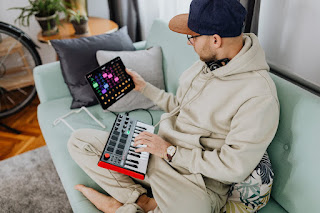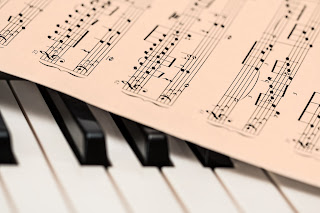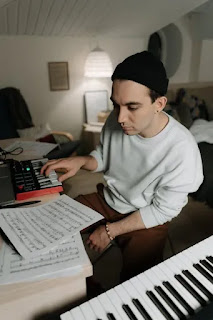Music as a Brain Activity
Music has been an integral part of human culture since time immemorial. From traditional chants and tribal rhythms to classical compositions and modern pop songs, music has the power to evoke emotions, connect people, and convey messages. However, music is not only a means of entertainment or expression but also a powerful tool for brain development. In this article, we will explore the benefits of music as a brain developing activity, backed by scientific research.
The human brain is a complex organ that is responsible for various functions, including sensory perception, motor coordination, language processing, memory, emotion, and cognition. The brain is also capable of changing and adapting in response to environmental stimuli, a process known as neuroplasticity. This plasticity is particularly evident during critical periods of development, such as childhood and adolescence, when the brain is most malleable and responsive to external influences.
Music is one such external influence that can have a significant impact on brain development. Studies have shown that learning to play a musical instrument can enhance brain function in several ways. For example, playing an instrument requires the integration of sensory, motor, and cognitive processes, which can lead to increased connectivity between different brain regions. This increased connectivity can improve executive function, attention, and memory, as well as enhance fine motor skills and hand-eye coordination (1).
Moreover, music has been found to stimulate the release of neurotransmitters such as dopamine, which is associated with reward and pleasure, and serotonin, which is associated with mood and wellbeing. This can lead to improved mood, reduced stress, and increased motivation, all of which can contribute to overall brain health and development (2).
Another way music can impact brain development is through its effect on language processing. Language and music share many similarities in terms of syntax, rhythm, and melody. Learning to play a musical instrument can enhance phonological awareness, which is the ability to identify and manipulate sounds in language. This can improve language learning and reading abilities, as well as enhance overall communication skills (3).
Furthermore, research has shown that musical training can have a positive impact on academic performance. A study by the National Association for Music Education found that students who participate in music programs score higher on standardized tests in reading, math, and science, compared to students who do not participate in music programs (4). This may be because learning to play an instrument requires discipline, focus, and practice, all of which are transferable skills that can be applied to other areas of academic study.
In conclusion, music is not only a form of entertainment or expression but also a powerful tool for brain development. Learning to play a musical instrument can enhance brain function in several ways, including improving executive function, attention, memory, fine motor skills, hand-eye coordination, phonological awareness, language learning, communication skills, mood, and motivation. Moreover, musical training can have a positive impact on academic performance. Therefore, incorporating music into one's life, whether through formal training or casual listening, can be a valuable investment in brain health and development.
References:Herholz, S. C., & Zatorre, R. J. (2012). Musical training as a framework for brain plasticity: behavior, function, and structure. Neuron, 76(3), 486-502.
Blood, A. J., & Zatorre, R. J. (2001). Intensely pleasurable responses to music correlate with activity in brain regions implicated in reward and emotion. Proceedings of the National Academy of Sciences, 98(20), 11818-11823.
Patel, A. D. (2011). Why would musical training benefit the neural encoding of speech? The OPERA hypothesis. Frontiers in Psychology, 2, 142.



Yorumlar
Yorum Gönder